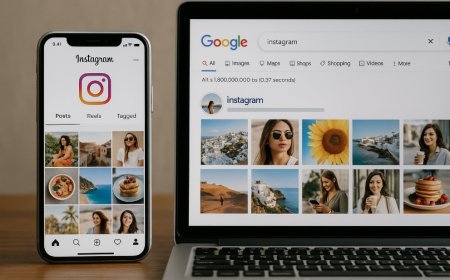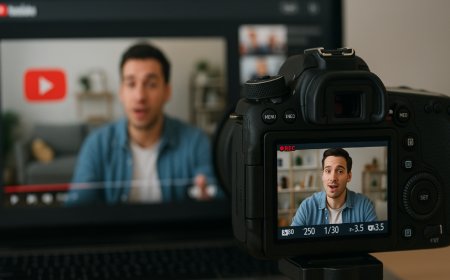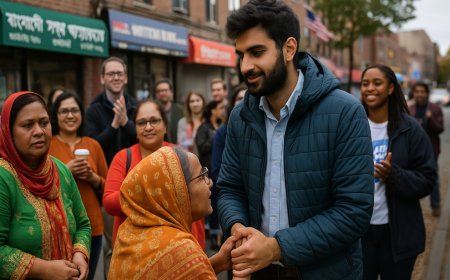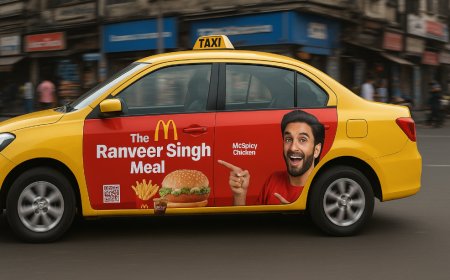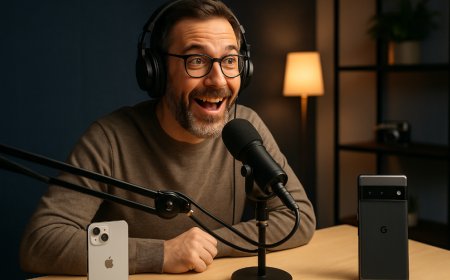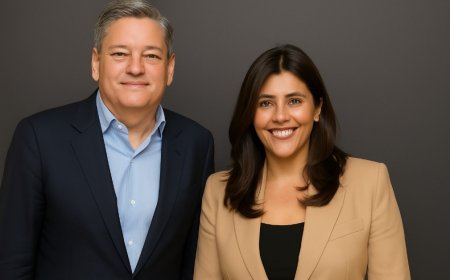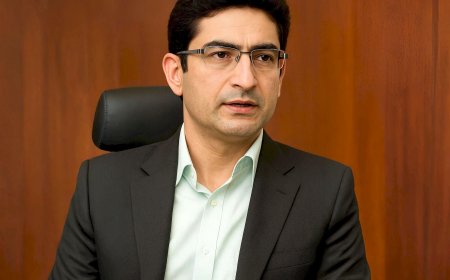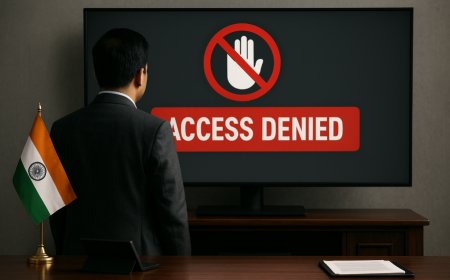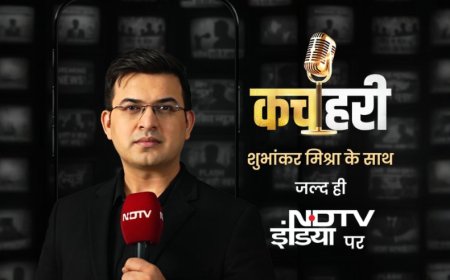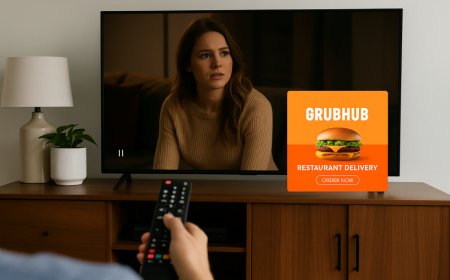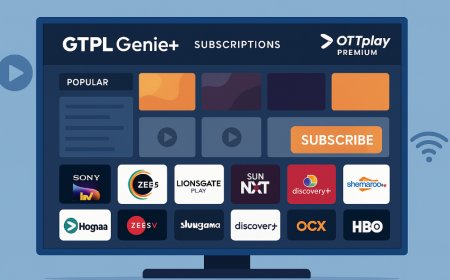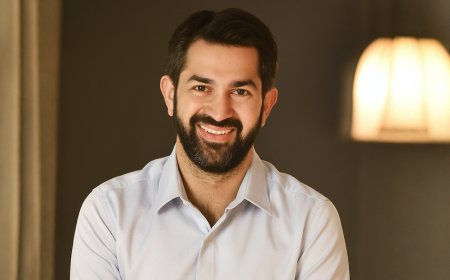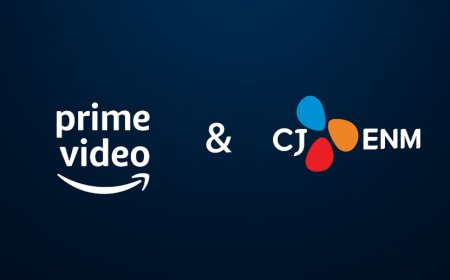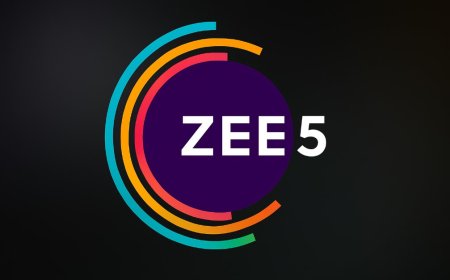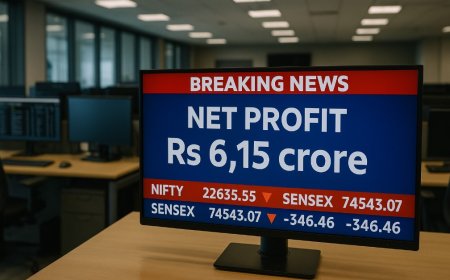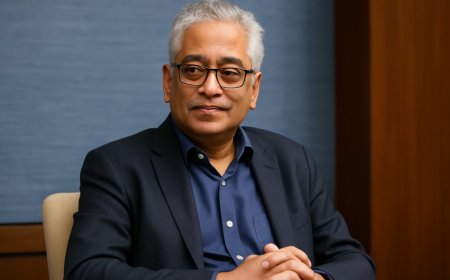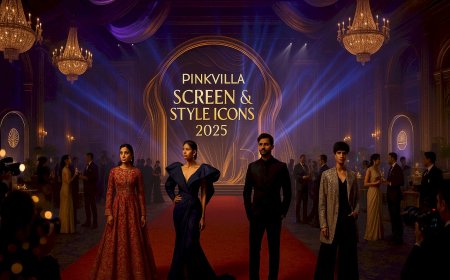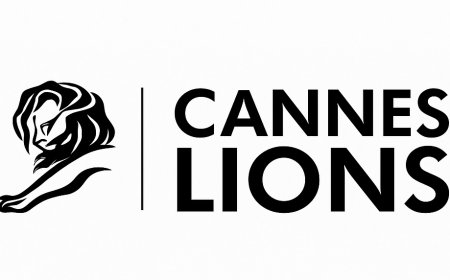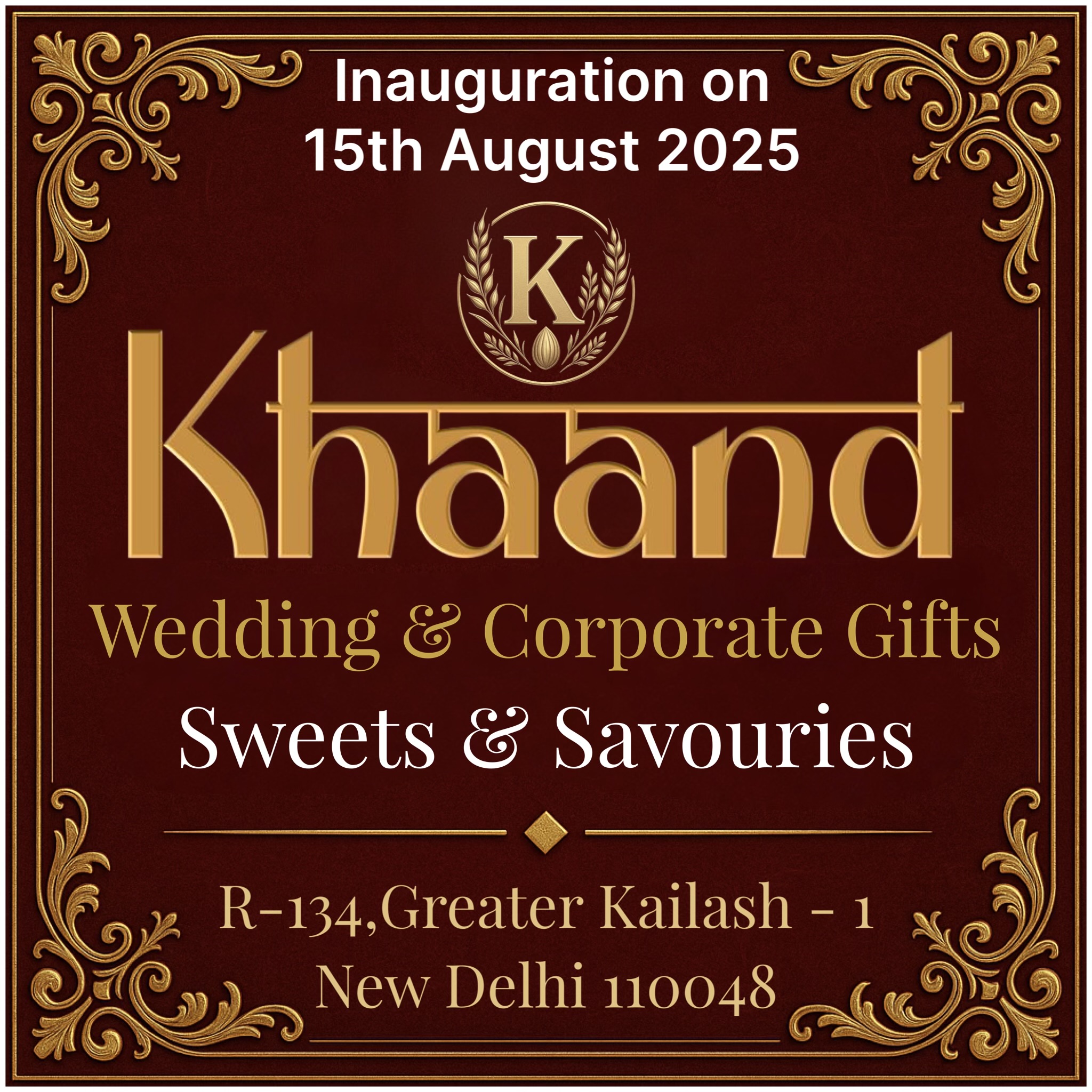Mark Zuckerberg’s AI-First Ad Future: Are Agencies Being Left Behind?
With Meta doubling down on AI-driven advertising automation, Mark Zuckerberg’s vision hints at a future with minimal reliance on traditional ad agencies. Here's what this shift means for the marketing industry.

Introduction: A New Era in Advertising—Powered by AI, Not Agencies
Meta CEO Mark Zuckerberg has made it clear: the future of advertising is AI-powered, automated, and agency-light. With the company investing heavily in machine learning tools that simplify ad creation and optimization, the traditional role of advertising agencies is beginning to look less essential in Meta’s evolving ecosystem.
This shift signals a dramatic change for marketers, brands, and agencies alike. As AI becomes central to how ads are built, delivered, and optimized—will there be room left for the human touch?
Zuckerberg’s Vision: Simpler, Smarter, Self-Serve Advertising
At the core of Meta’s new strategy is the desire to make advertising:
-
More accessible for small and mid-sized businesses
-
Less reliant on manual input and third-party creative agencies
-
Driven by performance data and AI predictions
Zuckerberg envisions a world where any business can launch a campaign using only a few prompts, and the platform will automatically generate:
-
Copy
-
Creative assets (images/videos)
-
Audience targeting
-
Budget optimization
It’s advertising as a service, not as a relationship—and that fundamentally changes how the industry operates.
Meta's AI Tools Are Replacing Agency Functions
Recent Meta product rollouts are moving toward full ad automation:
-
Advantage+ Creative: Automatically tests different ad formats and visuals
-
AI-generated copy: Suggests variations of text based on performance trends
-
Automated targeting: Finds ideal audiences without manual segmentation
-
Image editing AI: Customizes creatives to match user demographics or regions
The aim? To create a seamless loop where machine learning continuously improves campaign outcomes—without requiring agency support.
What This Means for Ad Agencies
Zuckerberg’s model is not anti-agency—but it is agency-optional. Meta is positioning itself as the platform + strategist + creator, reducing brands’ need to outsource:
-
Creative design
-
Media planning
-
Performance analysis
For agencies, this means:
-
Fewer small-business clients to manage
-
Increased pressure to prove value beyond automation
-
Shifting focus toward brand building, influencer strategy, and creative storytelling—areas AI can't replicate (yet)
The challenge for agencies is to redefine their role, not resist the change.
The Future: Human Creativity Meets Machine Precision?
While Meta’s AI-driven advertising tools may cut out repetitive tasks and standard campaigns, they still fall short on big-picture strategy:
-
Brand identity
-
Cultural nuance
-
Emotional storytelling
-
Cross-platform integration
Agencies that adapt by focusing on creative intelligence, consumer insight, and long-term planning may still thrive—especially in campaigns where authenticity, narrative, and social engagement matter.
Conclusion: A Call to Evolve, Not Retreat
Mark Zuckerberg’s AI vision doesn’t eliminate the advertising agency—it challenges it to evolve. In a world where machines can build campaigns in minutes, the human advantage lies in depth, originality, and emotional intelligence.
What's Your Reaction?
 Like
0
Like
0
 Dislike
0
Dislike
0
 Love
0
Love
0
 Funny
0
Funny
0
 Angry
0
Angry
0
 Sad
0
Sad
0
 Wow
0
Wow
0
